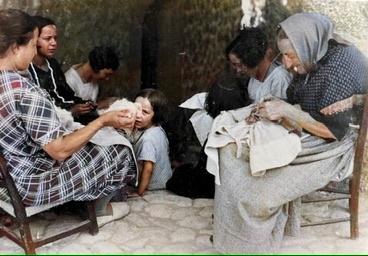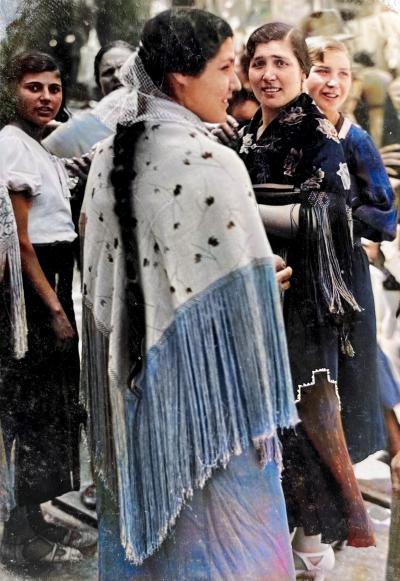In what ways did wage disparities impact women working in Mallorca’s agricultural and tourism sectors?
Similar Topics
wage disparities women
mallorca agriculture
mallorca tourism
gender wage gap
economic inequality women
seasonal employment impact
women job security
financial independence women
Wage disparities significantly affected women working in Mallorca’s agricultural and tourism sectors by perpetuating economic inequality and limiting their financial independence. In the agricultural sector, women often occupied the lowest-paying roles, such as seasonal field laborers or packing workers, where wages were considerably lower than those earned by their male counterparts. This pay gap was exacerbated by the informal nature of much agricultural work, which left women more vulnerable to exploitation and lack of job security. As a result, many women found it difficult to achieve economic stability, despite contributing substantially to the island's agricultural productivity.
In the tourism sector, wage inequalities also persisted, with women frequently employed in positions such as housekeeping, waitressing, or retail, roles that traditionally offered lower pay and fewer advancement opportunities compared to male-dominated jobs like management or technical support. These disparities reinforced a gendered division of labor and often reflected broader societal attitudes toward women’s work. Moreover, the seasonal nature of tourism work meant that women faced income instability, further compounded by lower wages. Consequently, many women in the tourism industry struggled to secure long-term financial independence, despite tourism being a critical driver of Mallorca’s economy.
These wage disparities had broader social implications as well. Women earning less were often unable to invest in education or professional development, thus limiting their career progression and perpetuating a cycle of economic marginalization. In some cases, economic dependence on low-paying jobs impacted women’s ability to negotiate better working conditions or advocate for equal pay. Overall, the wage gap in Mallorca’s agricultural and tourism sectors highlighted persistent gender inequality, underscoring the need for policy reforms aimed at improving wage equity and promoting women’s economic empowerment on the island.
In the tourism sector, wage inequalities also persisted, with women frequently employed in positions such as housekeeping, waitressing, or retail, roles that traditionally offered lower pay and fewer advancement opportunities compared to male-dominated jobs like management or technical support. These disparities reinforced a gendered division of labor and often reflected broader societal attitudes toward women’s work. Moreover, the seasonal nature of tourism work meant that women faced income instability, further compounded by lower wages. Consequently, many women in the tourism industry struggled to secure long-term financial independence, despite tourism being a critical driver of Mallorca’s economy.
These wage disparities had broader social implications as well. Women earning less were often unable to invest in education or professional development, thus limiting their career progression and perpetuating a cycle of economic marginalization. In some cases, economic dependence on low-paying jobs impacted women’s ability to negotiate better working conditions or advocate for equal pay. Overall, the wage gap in Mallorca’s agricultural and tourism sectors highlighted persistent gender inequality, underscoring the need for policy reforms aimed at improving wage equity and promoting women’s economic empowerment on the island.
🧩 Related Questions
Related Question
How does proper pan temperature control affect the final outcome of Mallorca vegetable dishes like tumbet?
Related Question
Are white poplars important for any endangered or protected species in Mallorca?
Related Question
What role did hermits play in the development of early Christian communities on Mallorca?



